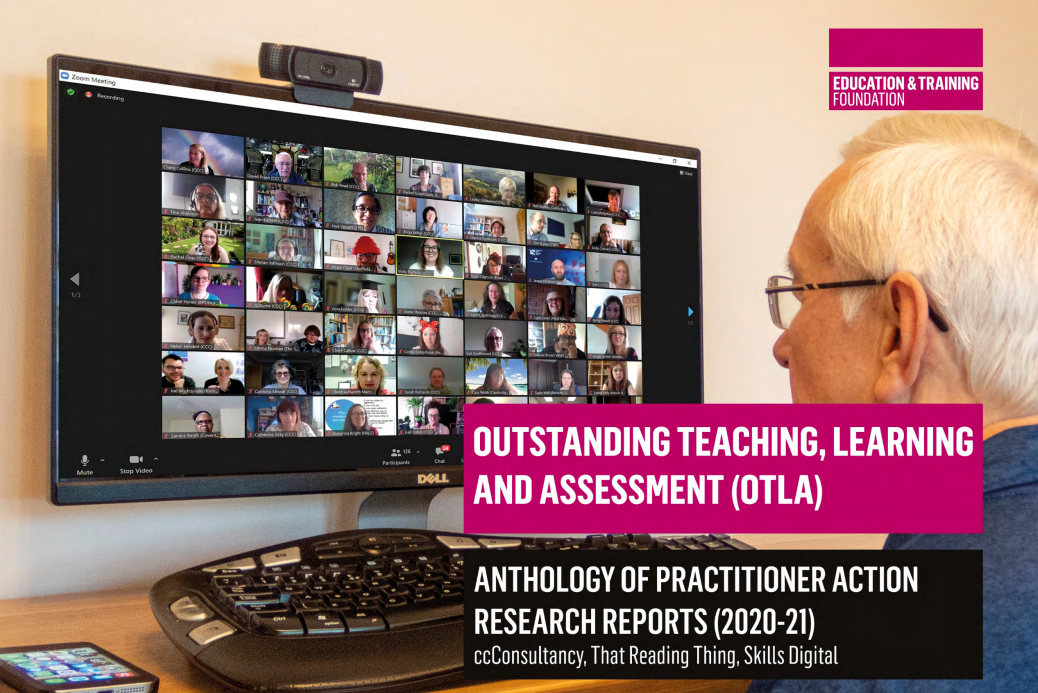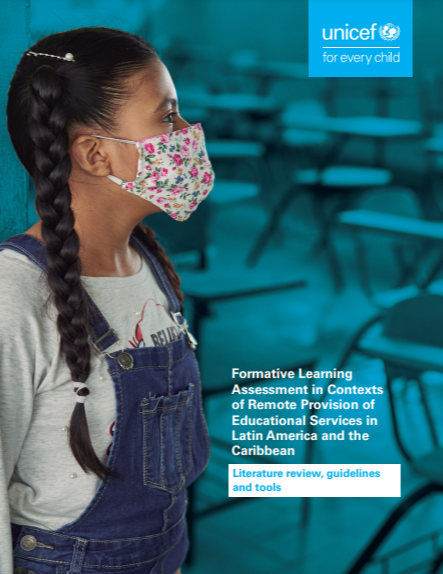
Intermediate
Guidelines for Translating and Adapting Psychological Instruments
2009
Guidelines for Translating and Adapting Psychological Instruments
2009
Guidelines for Translating and Adapting Psychological Instruments
MORE DOCUMENTS
-
ResourcesContent Type: DocumentsCreated: 2021
-
ResourcesContent Type: DocumentsCreated:
-
ResourcesContent Type: DocumentsCreated: 2021




